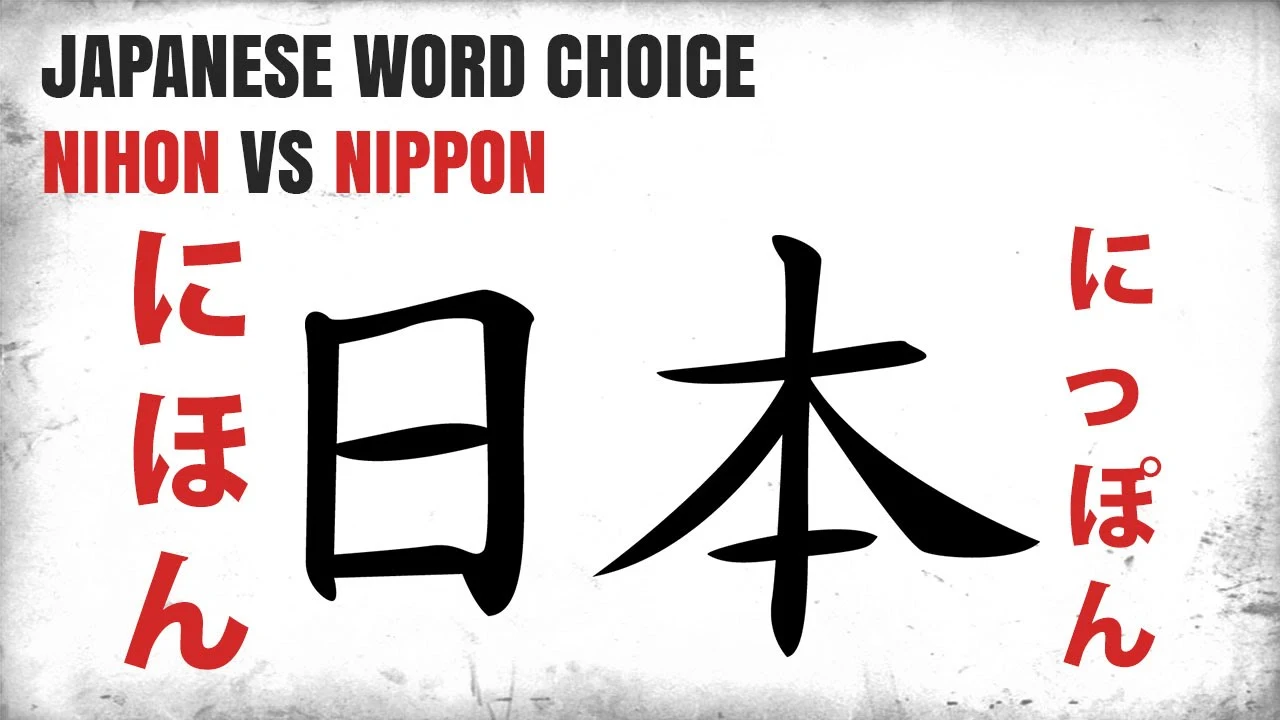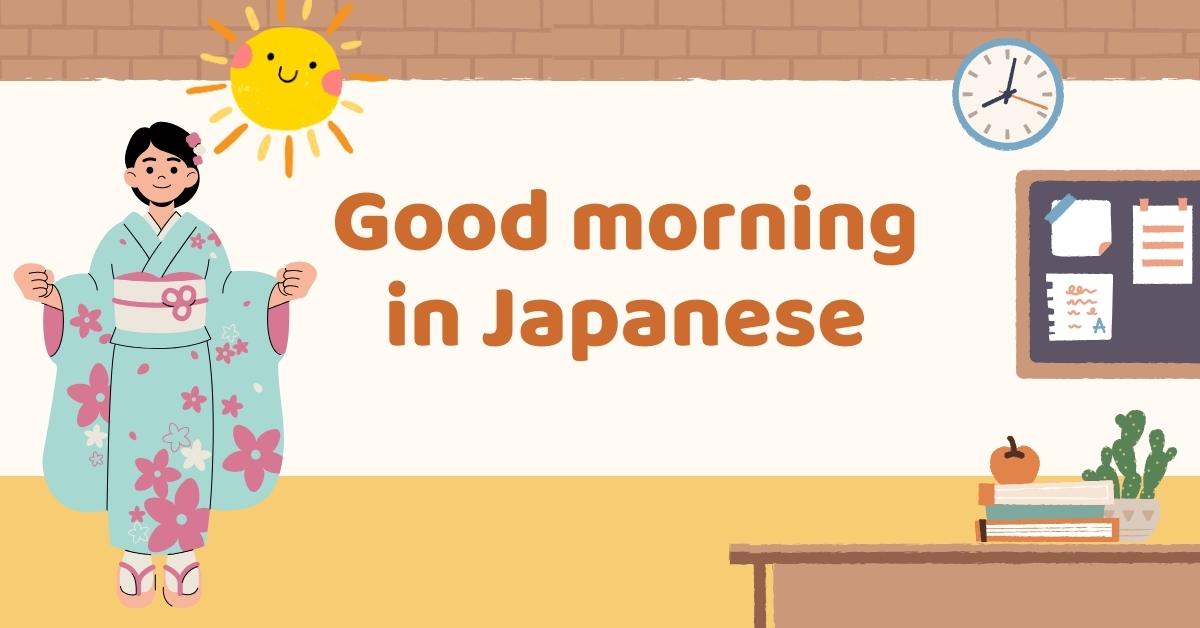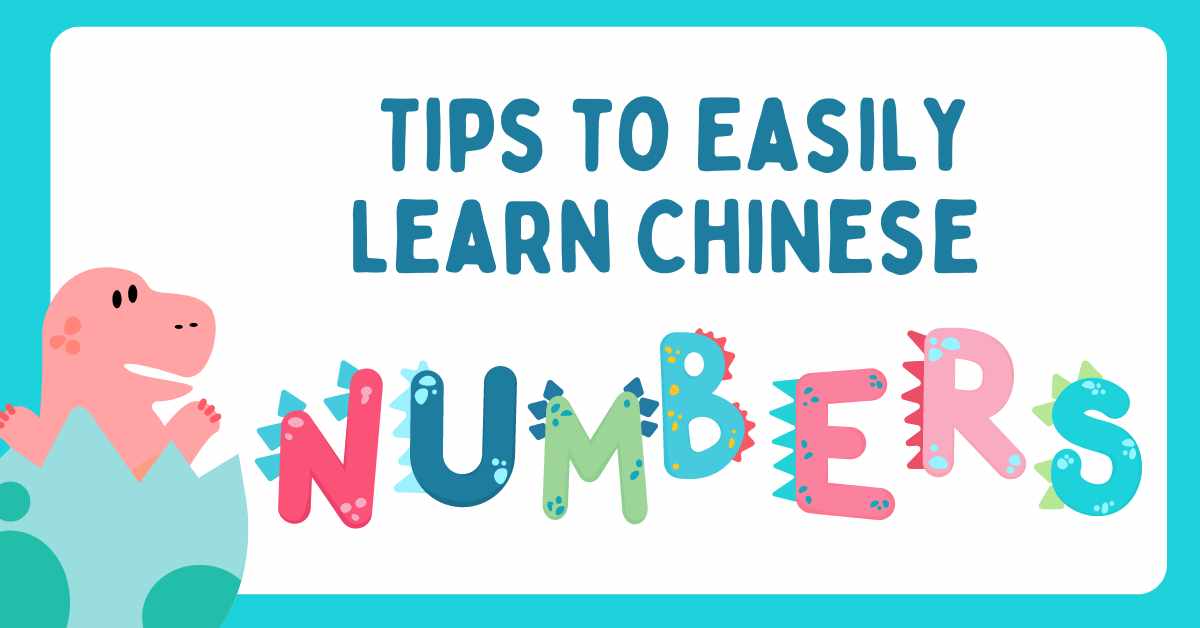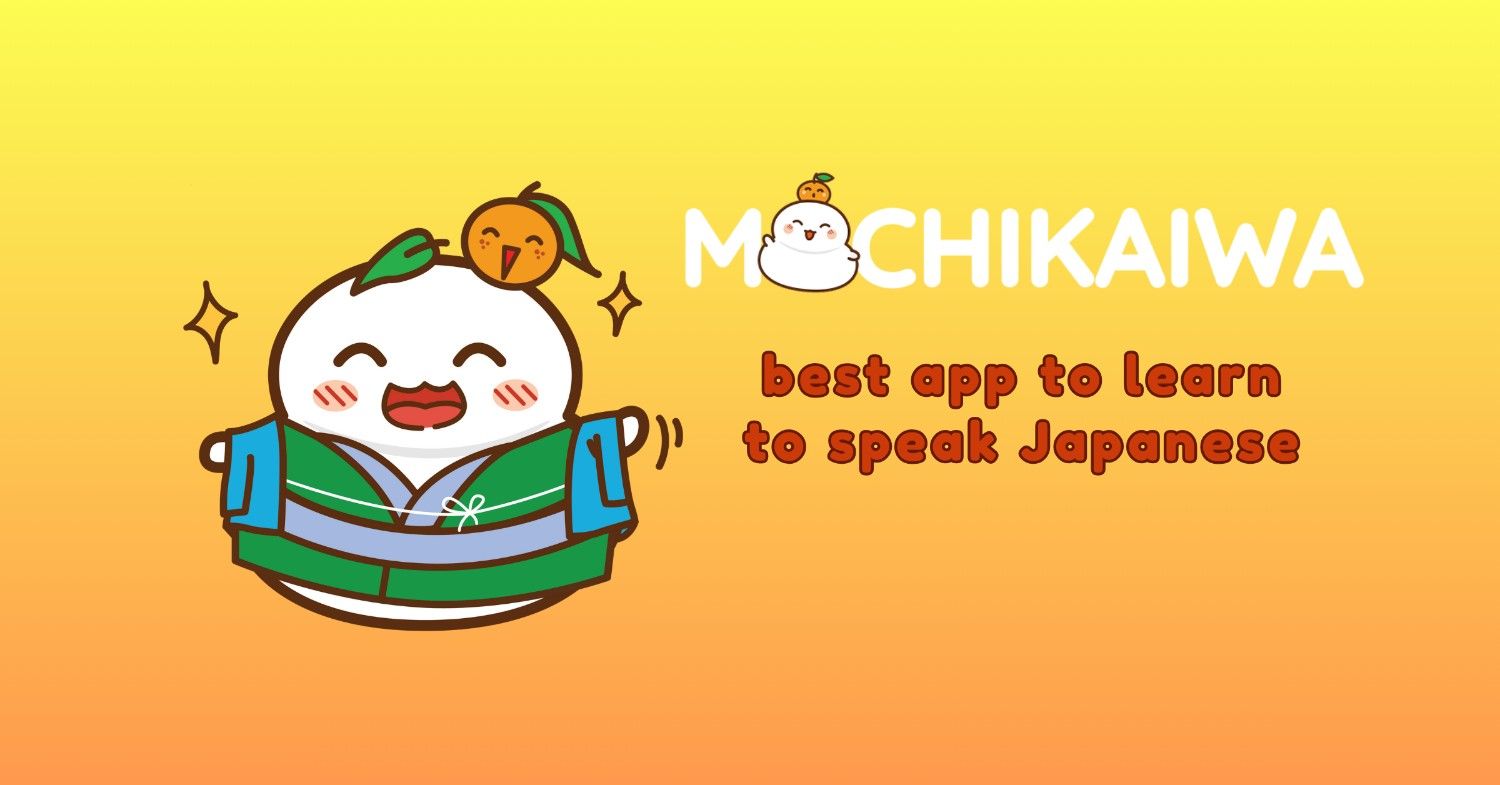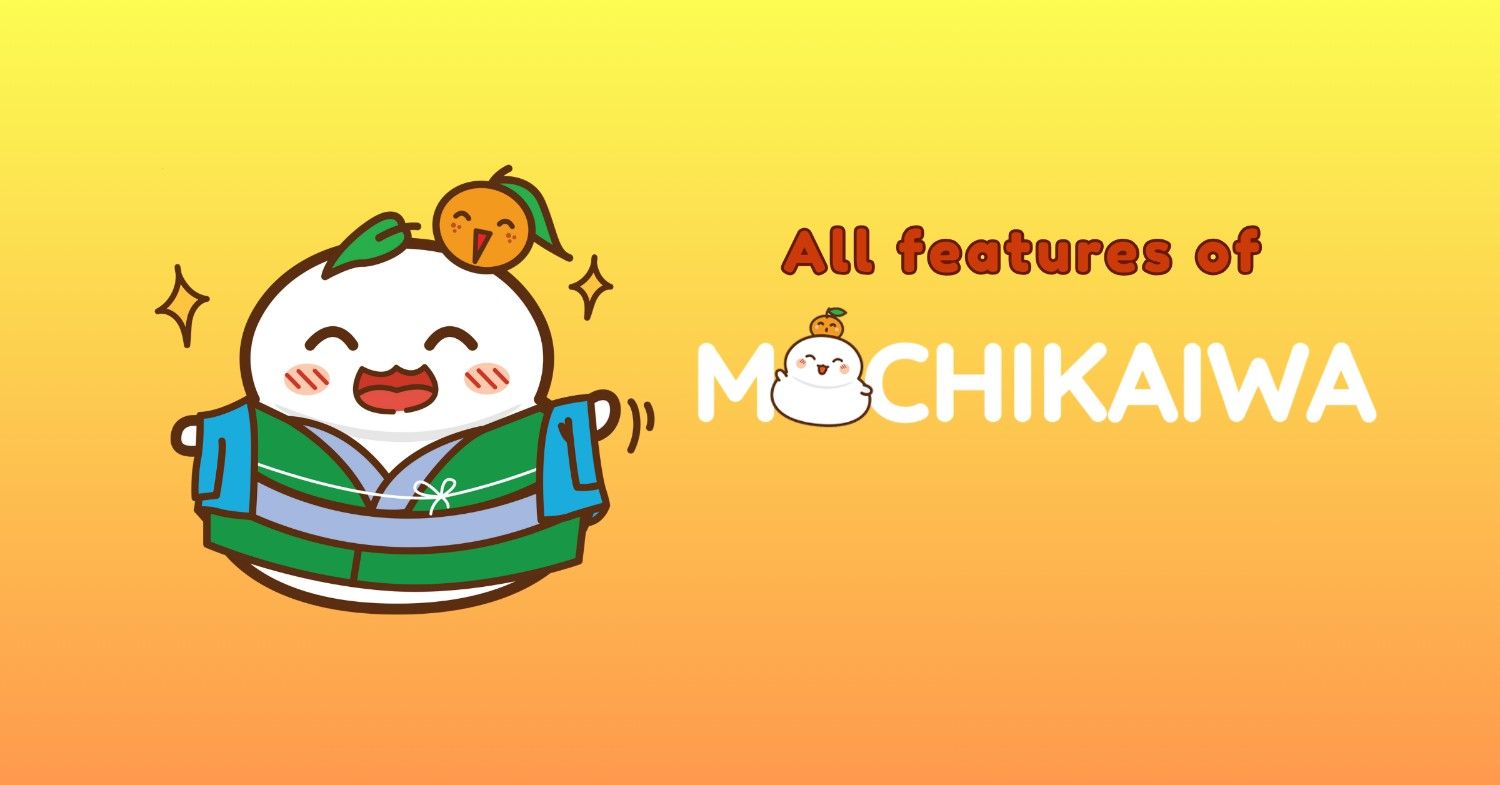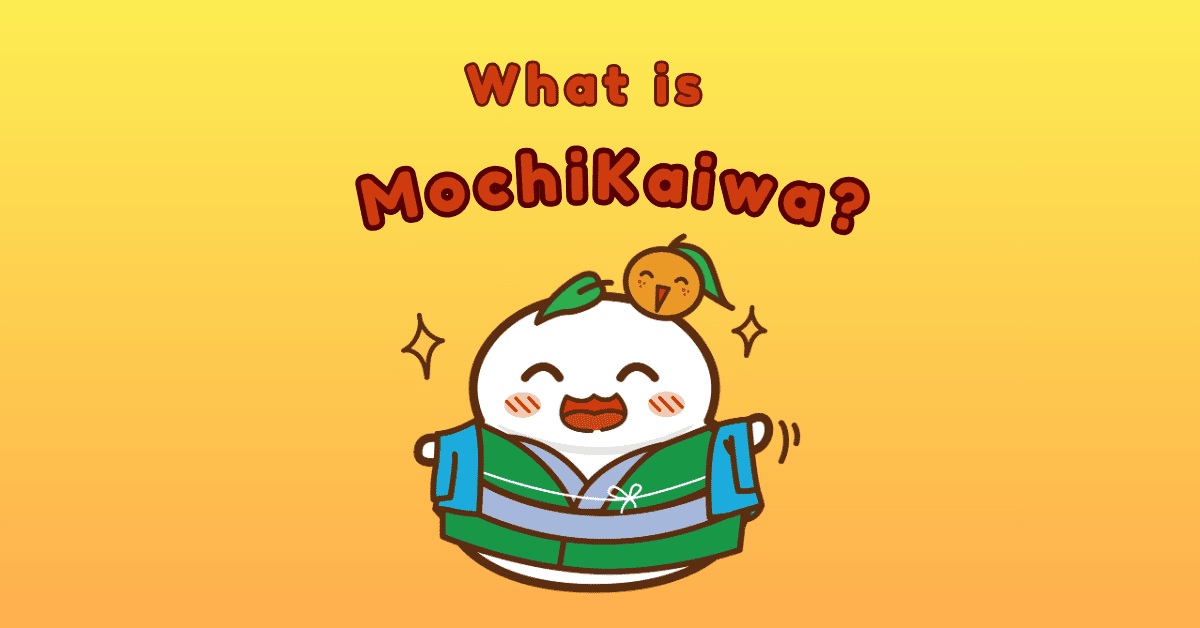Have you ever wondered how to say Japan in Japanese? In Japanese, Japan is referred to as “Nihon” (日本) or “Nippon” (日本). Both terms are used interchangeably, but they have subtle differences and specific contexts where one might be preferred over the other. This guide will delve into the differences between “Nihon” and “Nippon,” how to pronounce and write them, phrases that use these terms, and introduce you to more Japanese words and their pronunciations.
- What is Japan Called in Japanese?
- How to Pronounce Nihon and Nippon?
- How to Write Nihon and Nippon?
- Why we need to understand how to write and use “Nihon” and “Nippon”
- Common Phrases That Use Nihon and Nippon
- Learn More Words with MochiKanji
- FAQs

What is Japan Called in Japanese?
In Japanese, Japan is referred to as “Nihon” (日本) or “Nippon” (日本). This concise guide explores the subtle differences between these terms, pronunciation tips, and common phrases using “Nihon” and “Nippon.” Thus, dive into the linguistic nuances of Japanese culture and expand your vocabulary with this insightful exploration.
1. Unraveling the Meaning of “Nihon” and “Nippon”
Japan is called “Nihon” (日本) or “Nippon” (日本) in Japanese. Both terms use the same kanji characters: 日 (ni/nichi) meaning “sun” or “day,” and 本 (hon) meaning “origin” or “root.” Hence, Japan is often referred to as the “Land of the Rising Sun.”
2. Differences Between Nihon and Nippon
Though “Nihon” and “Nippon” are used interchangeably, there are slight nuances in their usage:
– Nihon: This is the more commonly used term in everyday conversation. It is considered slightly more casual and is often used in spoken language and informal settings.
– Nippon: This term is used in more formal contexts and is associated with national pride and official matters. You’ll often hear “Nippon” in contexts such as sports events, official documents, and nationalistic expressions.
3. When to Use “Nihon” and “Nippon”?
– Nihon: Use “Nihon” in casual conversations, while talking with friends, or in informal writing.
– Nippon: Use “Nippon” in formal speeches, official settings, during sports events, or when emphasizing national pride.
Grasping the appropriate usage of “Nihon” and “Nippon” is key to effective communication and cultural sensitivity. Knowing when to employ each term enhances clarity and respect in interactions, whether conversing with friends, discussing formal matters, or expressing national pride.
To effectively master Kanji and vocabulary, try the MochiKanji. Its in-depth courses and engaging features make learning more enjoyable and help you gradually build your skills.
Get started with MochiKanji now and begin your journey towards becoming fluent in Japanese!
How to Pronounce Nihon and Nippon?
Mastering the pronunciation of “Nihon” (日本) and “Nippon” (日本) is crucial for effectively communicating in Japanese and showing respect for the language and culture. So, let’s break down the pronunciation of these terms:
1. Pronunciation of “Nihon” (日本):
– Nihon: Pronounced as “nee-hon.”
– “Nee”: The first syllable “ni” sounds similar to the English word “knee,” with a short “i” sound.
– “Hon”: The second syllable “hon” sounds like the English word “hone,” with a short “o” sound.
When pronouncing “Nihon,” remember to keep the vowels short and crisp, with emphasis on the “ni” and “hon” syllables.
2. Pronunciation of “Nippon” (日本):
– Nippon: Pronounced as “nee-pon.”
– “Nee”: Similar to “Nihon,” the first syllable “ni” sounds like the English word “knee.”
– “Pon”: The second syllable “pon” sounds like the English word “pawn,” with a slightly shorter and more clipped “a” sound.
When saying “Nippon,” pay attention to the short and sharp pronunciation of the “pon” syllable, distinguishing it from the longer “hon” in “Nihon.”
3. Tips for Pronunciation:
– Practice: Regular practice is essential for mastering the correct pronunciation of “Nihon” and “Nippon.” Repeat the words aloud to familiarize yourself with their sounds.
– Listen: Listen to native speakers or audio recordings to hear the natural pronunciation of these terms and mimic their intonation and rhythm.
– Feedback: Seek feedback from Japanese speakers or language instructors to refine your pronunciation and ensure accuracy.
In conclusion, by mastering the pronunciation of “Nihon” and “Nippon,” you’ll enhance your ability to communicate effectively in Japanese and demonstrate respect for the language and culture. Practice regularly and embrace the beauty of Japanese pronunciation!
How to Write Nihon and Nippon?
In Japanese, both “Nihon” (日本) and “Nippon” (日本) are written using the same kanji characters, which are “日” and “本”. Let’s break down how to write them in more detail:
– 日 (Ni/Nichi): This character represents the sun or the concept of “day.” It is pronounced as “Ni” when used alone and as “Nichi” when combined with other characters, such as in the word “Nichiyoubi” (日曜日), meaning “Sunday.”
– 本 (Hon): This character means “origin,” “basis,” or “book.” When used alone, it typically refers to the concept of “origin” or “root.” For example, “Honmono” (本物) means “genuine” or “real,” emphasizing the authentic or original nature of something. Additionally, “Hon” is also used to refer to a “book.”
When combined, these characters form the word “Nihon” (日本) or “Nippon” (日本), both of which serve as the native names for Japan. The choice between “Nihon” and “Nippon” depends on context, regional preferences, and historical usage.
When writing “Nihon” or “Nippon” in kanji, the characters “日” and “本” are typically used together. These characters are fundamental in Japanese culture and hold symbolic significance, representing Japan as the “Land of the Rising Sun” and its deep-rooted heritage.
Why we need to understand how to write and use “Nihon” and “Nippon”?
Overall, understanding how to write “Nihon” and “Nippon” in kanji provides insight into the linguistic and cultural richness of Japan.
Both terms are written with the same kanji (日本), but they represent different readings. This variance is a reflection of the richness and flexibility of the Japanese language.
1. Cultural Sensitivity: Knowing when to use “Nihon” or “Nippon” demonstrates respect for Japanese cultural norms and linguistic nuances. Using the appropriate term in a given context shows awareness of cultural sensitivities and contributes to positive interactions.
2. Language Proficiency: Mastery of language involves understanding the subtle differences in word usage. By discerning when to use “Nihon” (more casual) or “Nippon” (more formal), learners demonstrate a higher level of language proficiency and fluency.
3. Effective Communication: Choosing the right term enhances clarity and precision in communication. Whether in spoken conversations, written text, or formal settings, using “Nihon” or “Nippon” appropriately ensures that your message is conveyed accurately and respectfully.
4. Cultural Insight: Understanding the contexts in which “Nihon” and “Nippon” are used provides insights into Japanese culture, history, and societal norms. It deepens your understanding of Japan’s identity and how language reflects broader cultural values.
5. Building Relationships: Language is a key tool for building connections and fostering relationships. Therefore, using “Nihon” or “Nippon” correctly shows respect for Japanese customs and traditions, which can help build rapport and trust with native speakers and within the Japanese community.
Overall, mastering the usage of “Nihon” and “Nippon” in context enhances not only language proficiency but also cultural competence and interpersonal communication skills. It enables individuals to engage meaningfully with Japanese language and culture, enriching their personal and professional interactions.
Common Phrases That Use Nihon and Nippon
Here are some common phrases and expressions using Nihon
1. Nihon-go (日本語): Japanese language
– 日本語を話しますか? (Nihongo o hanashimasu ka?) – Do you speak Japanese?
2. Nihon-jin (日本人): Japanese person
– 彼は日本人です。(Kare wa Nihonjin desu.) – He is Japanese.
3. Nihon-ryōri (日本料理): Japanese cuisine
– 日本料理が好きです。(Nihon ryōri ga suki desu.) – I like Japanese cuisine.
Phrases Using Nippon
1. Nippon-koku (日本国): The state of Japan
– 日本国憲法 (Nippon-koku kenpō) – The Constitution of Japan.
2. Nippon Daihyō (日本代表): Japan national team
– 日本代表が勝ちました。(Nippon Daihyō ga kachimashita.) – The Japan national team won.
3. Nippon ichi (日本一): Number one in Japan
– 彼は日本一の選手です。(Kare wa Nippon ichi no senshu desu.) – He is the number one athlete in Japan.
By using these phrases, you can see how “Nihon” and “Nippon” fit naturally into different contexts, highlighting their interchangeable yet context-specific usage.
Learn More Words with MochiKanji
If you’re interested in expanding your Japanese vocabulary and improving your pronunciation, MochiKanji is a fantastic resource.
1. Interactive Lessons: Engage with interactive lessons that teach you the basics of Japanese kanji and vocabulary. These lessons often include audio pronunciations, helping you get the sounds just right.
2. Practice Writing: Use writing exercises to practice writing kanji characters. This helps reinforce memory and improves your writing skills.
3. Flashcards and Quizzes: Utilize flashcards to memorize new words and take quizzes to test your knowledge.
4. Pronunciation Guides: Listen to native speakers and mimic their pronunciation. MochiKanji often includes audio clips for this purpose.
5.Using spaced repetition: Make learning a daily habit. Consistent practice is key to mastering any language.
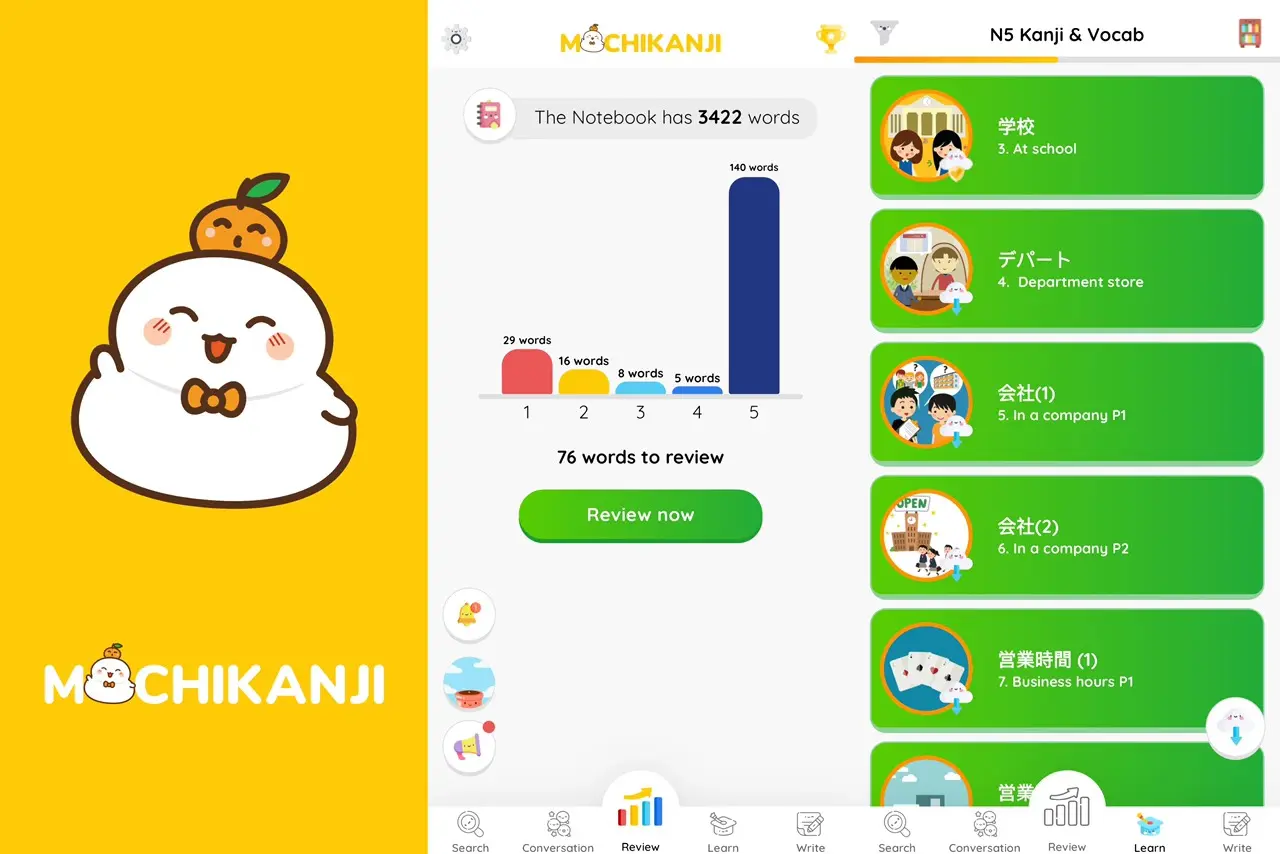
By regularly using MochiKanji, you can build a strong foundation in Japanese, making your language-learning journey both effective and enjoyable. The Mochi Kanji app offers substantial benefits for learning Japanese, particularly through its effective use of spaced repetition.
Try it for free now!
This method enhances long-term memory by scheduling reviews based on how well you know each kanji or word, focusing more on challenging items. The app emphasizes essential vocabulary, allowing users to rapidly build a strong language foundation. Moreover, it integrates cultural insights, enriching the learning experience with a deeper understanding of Japanese culture. This combination makes learning both efficient and immersive, fostering comprehensive language acquisition.
Understanding how to say Japan in Japanese, whether “Nihon” or “Nippon,” opens a door to deeper cultural appreciation and linguistic competence. Both terms, while similar, carry unique contexts that reflect Japan’s rich heritage and social nuances. By learning to pronounce and write these words, and using them in context, you become more attuned to the subtleties of Japanese language and culture. Resources like MochiKanji can further enhance your learning experience, helping you master Japanese one step at a time. So next time you think about Japan, remember the significance behind “Nihon” and “Nippon,” and use these terms with confidence and understanding.
FAQs
How does Japan say Japan?
In Japan, the country is called Nihon (日本) or Nippon (日本). Both terms are used interchangeably, with “Nihon” being more common in casual conversation, while “Nippon” is often used in formal settings or patriotic contexts, such as in official documents, sports events, or international competitions.
What is Nihongo in Japanese?
Nihongo (日本語) refers to the Japanese language. The word breaks down as follows: “Nihon” (日本) means Japan, and “go” (語) means language. Together, they form “Nihongo,” which literally translates to “the language of Japan.”
How do you say Japan in Japanese hiragana?
In Hiragana, Japan is written as にほん (Nihon) or にっぽん (Nippon). However, Hiragana is usually only used for children or language learners, as the official way to write “Japan” is in Kanji: 日本.
How do you say Japan in Tokyo?
In Tokyo, as in all parts of Japan, people refer to the country as Nihon (日本) or Nippon (日本), depending on the context. The pronunciation and word usage do not change based on the region, including Tokyo.

